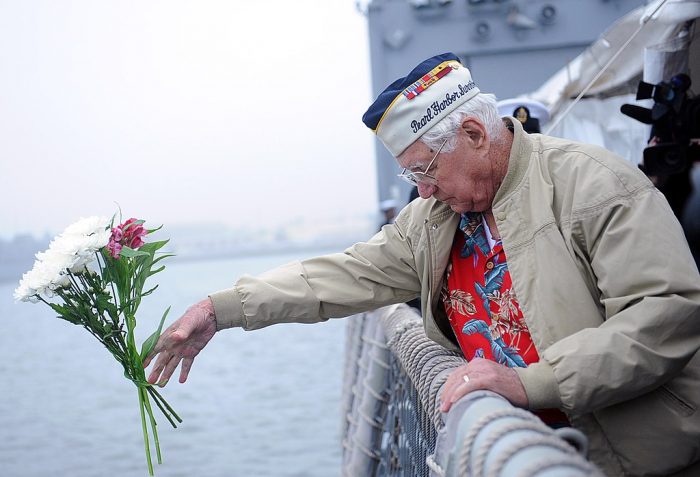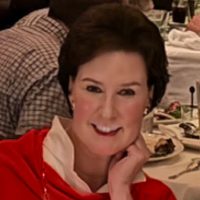As Pearl Harbor Day rolls onto the calendar, I’m reminded of the great sacrifices the men and women of our country made on that day—and many days to follow.
December 7, 1941. A day that will forever live in infamy. The attack killed 2,403 service members and wounded 1,178 more. Six United States ships were sunk or destroyed as well as 169 U.S. Navy and Army Corps planes.
Japanese torpedo bombers flew just 50 feet above the water as they fired at the U.S. ships in the harbor, while other planes ravaged the decks with bullets and dropped bombs.
My grandfather was 17 years old when he joined the U.S. Navy and became part of a generation—the greatest generation—of people who gave of themselves so freely.
They didn’t think twice when it came to defending our country. They didn’t contemplate the risks, consider how this might impact them down the line, or weigh the countless potential consequences (including death) when they signed up to join the fight for our nation. They jumped right in with enthusiasm, assuredness, and valor.
A gunner’s mate at that time, my grandfather was serving on the U.S.S. Nevada, the only ship to get underway during the attack. She beached at Ford Island, and a boat transported a number of the wounded to shore, where he was found lying on the ground, burnt.
He was picked up and transported for medical attention by a man, and all that he could remember was that he could still smell the newness of that car. My grandfather had turned 18 on September 8, almost two months to the day prior to the attack, and served 20 years in the United States Navy.
A Bronze Star and Purple Heart recipient, he fought in all the major battles of the Pacific and retired on May 31, 1960, when he was piped over the side of the USS Wasp (CV-18) and transitioned to his second career on the Brookline Fire Department where he later retired as the Superintendent of the Wire Division.
I had the privilege of returning to Pearl Harbor with him 59 years after the attack, and three more years to follow. He merely wanted to see what it looked like then and how it had changed over time. We self-toured the entire island, every inch of it, including visits to all military bases on Oahu as he shared his history with me.
Having been a man of few words, we never knew much about what he experienced on that fateful day. He didn’t speak of it often. That trip was the first time I got a candid excerpt from my grandfather (as well as the other 20 survivors who were present). It was at a private ceremony we took part in on December 7. It was spine-chilling, and I was overwhelmed by the respect and awe I felt for these veterans. Listening to them recount their stories and experiences—to be in the presence of these heroes—could never, ever be fully described in words.
It’s said that life’s hardships form our true character, and I believe that to be accurate. Americans like my grandfather, who were born between the two World Wars, have more than earned their character badges. The changes this generation witnessed will forever be marked as some of the most pivotal moments in history. For this, we call them the Greatest Generation. And what an honor it is to have been raised and loved by one of the greatest.


 Share on bsky
Share on bsky





Read 6 comments and reply